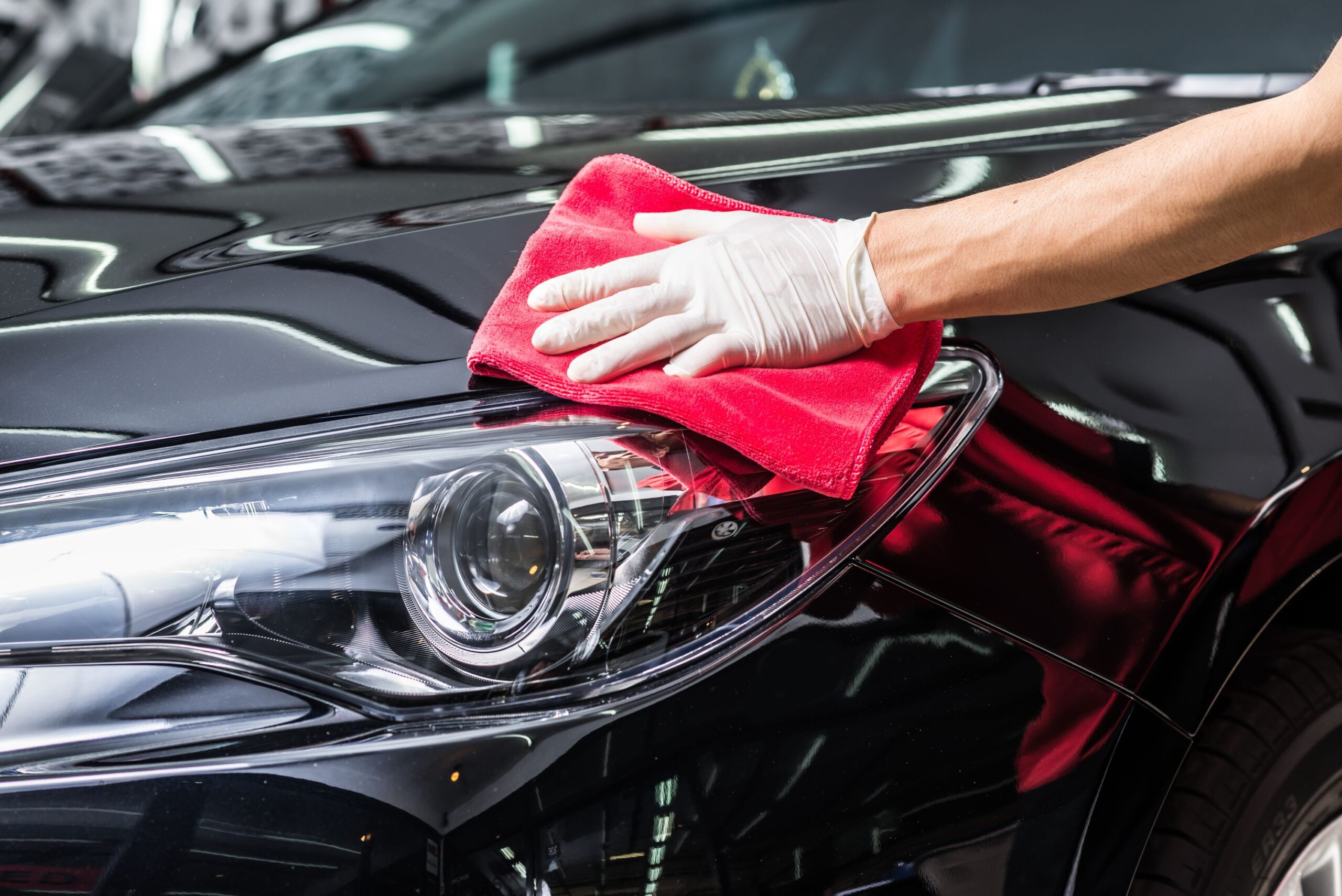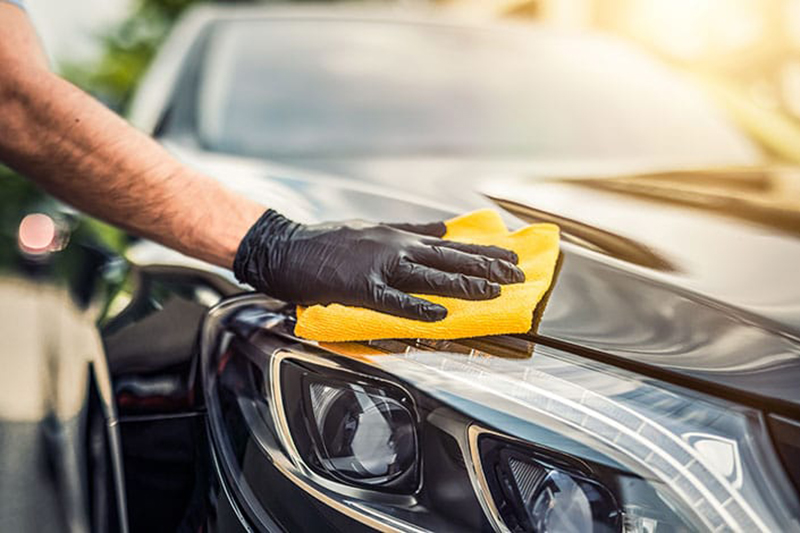The Best Rochester Car Care Services to Ensure Vehicle Reliability
The Best Rochester Car Care Services to Ensure Vehicle Reliability
Blog Article
Unlock the Keys to Exceptional Car Look After Ideal Efficiency
Understanding the subtleties of extraordinary cars and truck care is crucial for attaining optimum efficiency and guaranteeing your automobile's longevity. Normal maintenance methods, from liquid checks to tire monitoring, play an essential role in preventing unforeseen failures and boosting your driving experience. Several vehicle owners overlook important facets that can substantially influence efficiency and safety. By exploring the complexities of brake maintenance and seasonal prep work, one can discover techniques that not only improve functionality yet also expand the life of the lorry. What particular aspects should be focused on to accomplish these benefits?
Relevance of Regular Upkeep
Regular upkeep is crucial for ensuring the durability and ideal efficiency of any vehicle. Complying with a constant maintenance timetable not just enhances the driving experience yet additionally reduces the threat of unforeseen failures. Normal assessments and prompt servicing can determine prospective issues before they escalate into more significant troubles, ultimately saving vehicle drivers both time and money.
Additionally, routine maintenance plays a vital duty in maintaining the vehicle's resale value. A well-kept automobile is a lot more appealing to possible purchasers and can regulate a higher rate in the marketplace. This is particularly crucial in an affordable auto landscape where buyers often focus on dependability and service background.
Furthermore, regular upkeep adds to boosted gas performance and safety. Elements such as brakes, tires, and shock absorber call for periodic checks to ensure they run properly. Rochester Car Care. Disregarding these components can bring about reduced performance and increased gas usage, as well as heightened risks when driving
Important Liquids and Their Features
Four crucial liquids play a critical function in the optimum performance of a car: engine oil, coolant, transmission fluid, and brake liquid. Each of these fluids serves a certain purpose, adding to the total efficiency and safety and security of your vehicle.
Engine oil lubes the moving parts within the engine, lowering rubbing and wear. It additionally aids to dissipate warmth, guaranteeing that the engine runs at an ideal temperature. Normal oil adjustments are crucial to preserving engine durability.
Coolant, or antifreeze, manages the engine's temperature by taking in warm and avoiding overheating. It flows through the engine and radiator, maintaining an efficient thermal balance. Rochester Car Care. Keeping the coolant at the right levels is crucial for stopping engine damages
Transmission fluid lubricates the gears and elements of the transmission, assisting in smooth gear shifts and enhancing total performance. It additionally helps to cool the transmission, guaranteeing it functions properly under numerous driving conditions.
Brake liquid is necessary for the operation of the stopping system. It sends the force from the brake pedal to the brake elements, enabling efficient quiting power. Normal checks and substitutes of brake liquid are required for safe driving.

Tire Treatment and Replacement Tips
Correct tire treatment is essential for ensuring lorry safety and efficiency when traveling. Routinely checking tire pressure is one of the most vital aspects of tire upkeep. Under-inflated tires can lead to raised deterioration, reduced gas effectiveness, and compromised handling. Alternatively, over-inflation can cause unequal tread wear and boost the threat of blowouts. like this It is suggested to check tire pressure at least as soon as a month and soon journeys, making use of a dependable pressure scale.
Additionally, regularly evaluate tire walk deepness. A minimum tread deepness of 2/32 of an inch is recommended for risk-free driving; nonetheless, much deeper treads supply much better traction in damp problems. Make use of the "dime examination" by placing a penny right into the walk-- if you can see Lincoln's whole head, it's time to change the tires.
Turning of tires ought to be executed every 5,000 to 7,500 miles to advertise even put on. Last but not least, keep an eye out for noticeable indications of wear, such as bulges or splits, as these can show that replacement is necessary. By adhering to these standards, you can boost your vehicle's efficiency and expand the life expectancy of your tires.
Brake System Maintenance
The brake system is an important part of car safety, directly affecting stopping power and total driving performance. Routine upkeep of this system is important to guarantee optimal performance and durability.

Pay attention for uncommon sounds, such as squealing or grinding, which might suggest that the brake pads are put on or that there are problems with various other parts. Additionally, if you experience a soft or squishy brake pedal, this might signal a demand to look for air in the brake lines or prospective leakages in the system.
Finally, guarantee that brake lights function appropriately, as they are necessary for secure driving. By sticking to these maintenance practices, you can boost your lorry's stopping performance and guarantee a more secure driving experience.
Seasonal Lorry Preparations
As periods change, automobile preparedness ends up being vital for preserving security and performance on the road. Each season provides one-of-a-kind challenges that can affect your car's performance and reliability. Seasonal lorry preparations are critical for optimal operation.
In springtime, concentrate on evaluating the battery, as temperature changes can affect its performance. Make certain that windscreen wipers are operating appropriately to handle spring showers and check tire pressure, which can change with warmer temperatures.
Summer demands interest to cooling systems. Check coolant levels and pipes to stop overheating throughout heats. Furthermore, ensure that a/c systems are running successfully for comfort throughout trips.
As fall techniques, plan for rainfall and falling fallen leaves. Tidy the air filter and check brakes to guarantee safety and security on slick roads.
Winter months calls for one of the most substantial prep work. Switch to winter months tires for much better traction and inspect antifreeze levels, guaranteeing they fulfill the required specs. In addition, examine the battery, as cold climate can drain pipes power More Info quickly.
Conclusion
To conclude, outstanding auto care is essential to guaranteeing ideal efficiency and long life of cars. Normal maintenance, including fluid checks, tire care, and brake system upkeep, significantly decreases the likelihood of unanticipated malfunctions. Seasonal prep work even more enhance security and integrity. By sticking to these practices, chauffeurs can enhance fuel efficiency, preserve resale value, and create a more secure driving setting. As a result, prioritizing detailed automobile care is essential for accomplishing sustained auto excellence.
By discovering the complexities of brake upkeep and seasonal prep work, one can uncover methods that not only improve capability however additionally extend the life of the automobile. Elements such as brakes, tires, and suspension systems useful source call for regular checks to ensure they run properly - Rochester Car Care.Brake fluid is crucial for the procedure of the stopping system. It transfers the force from the brake pedal to the brake components, allowing efficient stopping power. Brake fluid takes in moisture over time, which can lead to deterioration and lessened efficiency; thus, it needs to be changed every 2 years or as suggested by the maker
Report this page